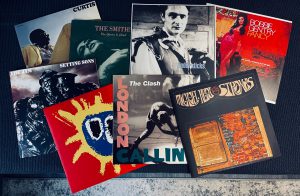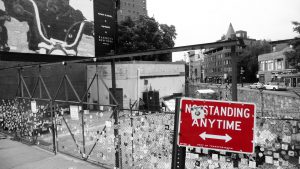
A Brave New World: Modest and Pragmatic
What will the cities of the future be like? It’s an intriguing question and one which – of all the professionals involved in the creation of our built environment – architects are best placed to respond to. Imagining the future is a pastime which all designers indulge in. It is


